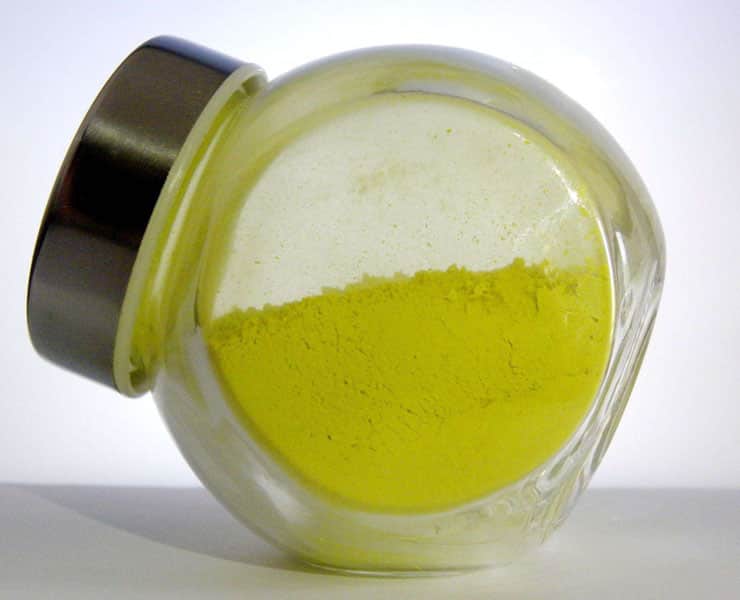Quercetin is a flavonoid, or in simple terms, a plant pigment. This flavonoid is found in various foods and plants, namely apples, berries, green tea, red wine, onions, St. John’s wort, Ginkgo biloba, American elder, etc. Aside from these, buckwheat tea contains a good quantity of Quercetin. Sophora japonica extract is primarily used as a medicine and taken orally to cure conditions of the blood vessels and the heart and prevent deadly diseases such as cancer. Quercetin is consumed to treat bladder infections, arthritis, and diabetes conditions. However, there isn’t enough evidence that supports such benefits.
Which Are The Conditions That Experts Have Insufficient Evidence For?
Though Sophora japonica extract is known to provide various benefits and treat multiple diseases, experts and researchers have insufficient evidence for different conditions. Talking about autism, early research has proven to the extent that consuming a product with a good quantity of Sophora japonica extract and other contents might accentuate social interactions and behavior in kids who are suffering from autism. Consuming foods with a higher percentage of Sophora japonica extract, such as apples, onions, and tea, might help alleviate the risk of death caused by heart disease in aged individuals.
However, consuming a quercetin supplement might not help improve the risk factors associated with heart diseases in individuals who are otherwise hale and hearty. The combination of chlorogenic acid, myricetin, and Quercetin aids in lowering blood sugar in those who have diabetes and are not on anti-diabetes drugs. People with diabetes who are on metformin might derive a few benefits from the same combination. Though Sophora japonica extract is not very beneficial in warding off muscle soreness from running or cycling, it might help prevent muscle damage caused by weight training.
Other Probable Benefits of Quercetin
Early research has exhibited that consuming Sophora japonica extract might help reduce upper respiratory infections after a heavy workout session. Using Quercetin for a limited period might not lower the levels of LDL or low-density lipoprotein, i.e., bad cholesterol, or raise HDL or high-density lipoprotein levels. However, most studies have been conducted on a small scale, especially on people with high cholesterol. Whether Sophora japonica extract would benefit individuals with high cholesterol or not is still not clear. Many researchers have found that Quercetin aids in a minor decrease in blood pressure in individuals suffering from untreated high blood pressure. This reduction in blood pressure is not yet wholly proven clinically.
Some studies indicate that consuming a product with curcumin and Sophora japonica extract can boost the functioning of the transplanted kidney when you combine them with anti-rejection drugs. Higher consumption of Quercetin, when included in a diet, has been associated with fewer risks of lung cancer in individuals who are smokers. Taking Quercetin does not aid in the prevention of mouth sores owing to cancer drugs.
Aside from that, adding a higher percentage of Quercetin to the daily diet might help reduce the risks associated with pancreatic cancer. Sophora japonica extract boosts the hormone levels in women affected by PCOS, but that’s not significant. According to recent research, consuming Quercetin might reduce pain and improve quality of life. In some cases, Sophora japonica extract can also be used to improve the body’s sensitivity to insulin.
Side Effects of Quercetin
Quercetin is considered safe for individuals when taken orally for a short period. Sophora japonica extract is safe when consumed twice daily for 12 weeks, and amounts up to 500 mg are considered optimum for use. It has not yet been revealed whether higher doses or long-term use are safe for consumption or not. When taken orally, Sophora japonica extract can lead to headaches and tingling of body parts such as the arms and legs. High doses can lead to kidney damage, which is not desirable. Individuals suffering from kidney problems should never use Quercetin. Not much is known about whether to consume Quercetin in phases of pregnancy and breastfeeding or not.
These were some basic details about the flavonoid named Quercetin. Studies are still underway, and nothing concrete has been deduced till now. However, as things are progressing, the confirmed benefits of Sophora japonica extract will be made public soon for use by those who suffer from different severe conditions.








